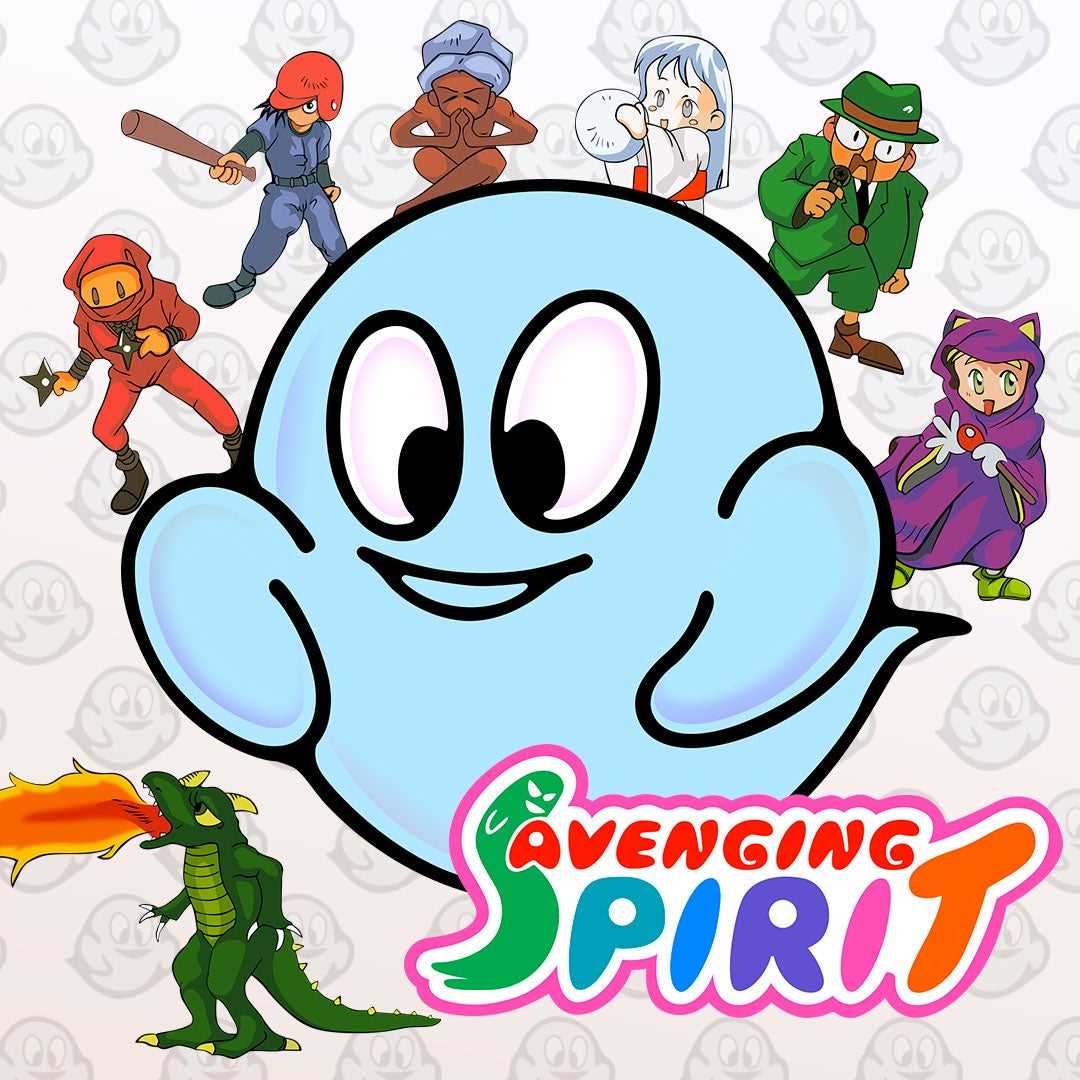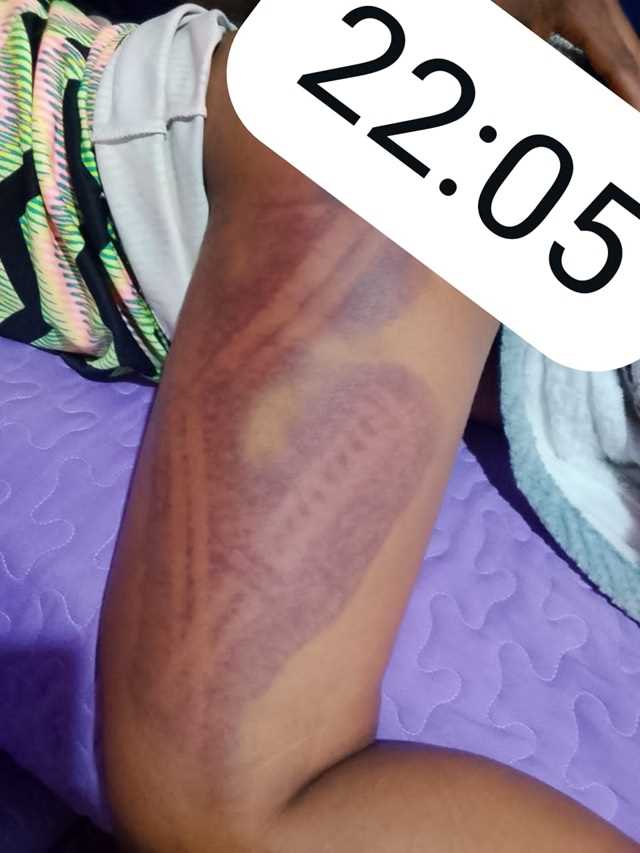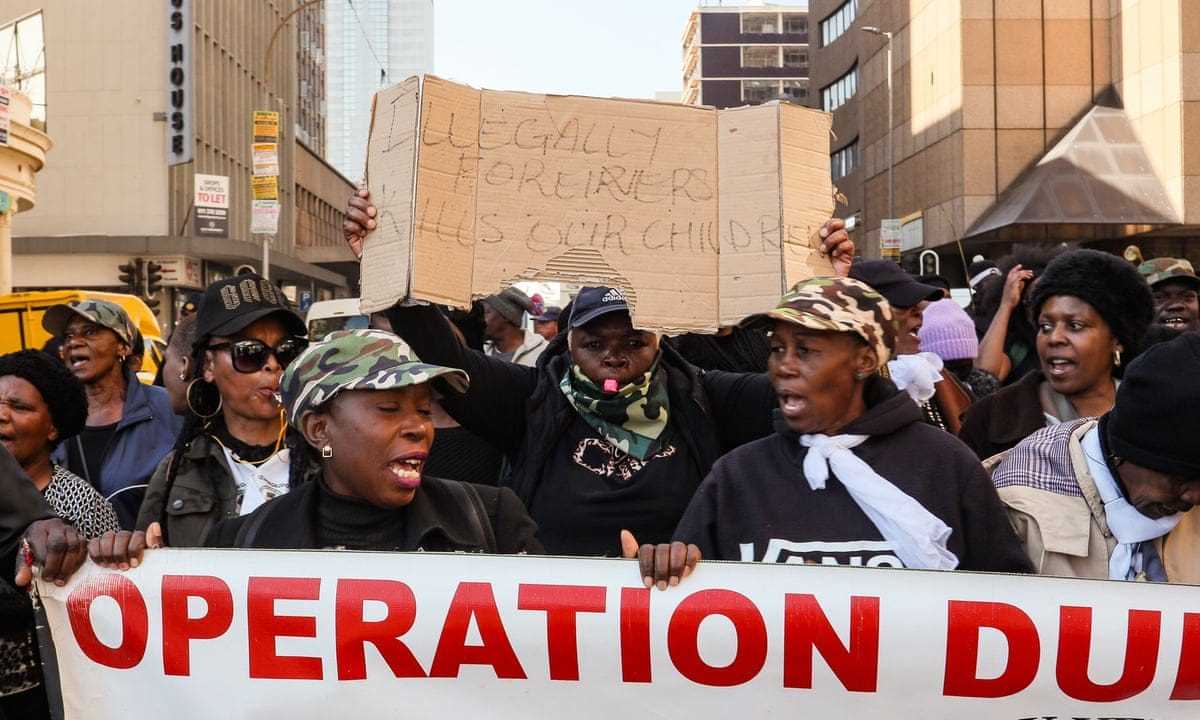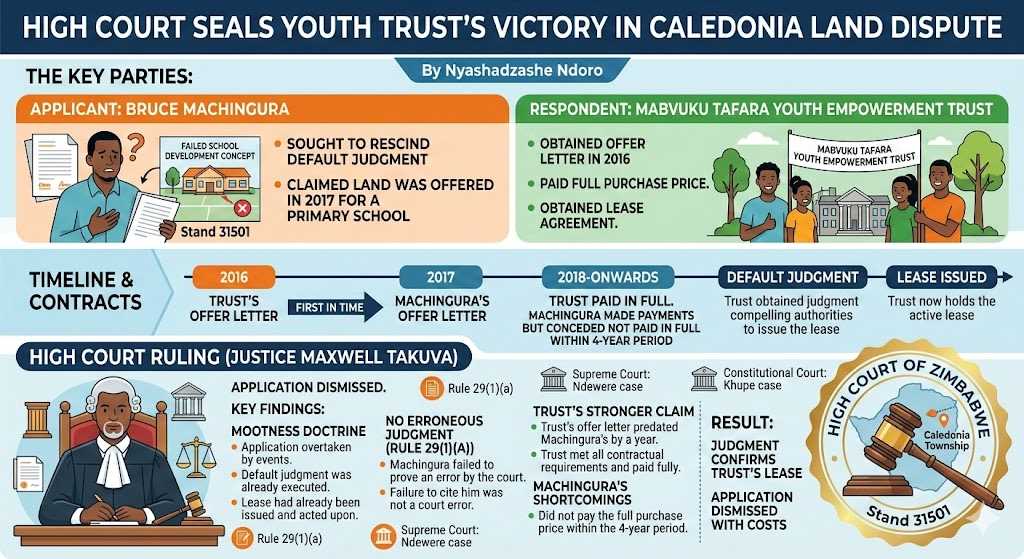
Audrey Galawu
They say one cannot spill blood and get away with it. In Shona culture, kuripa ngozi (appeasing deceased spirit) has been used as a conflict resolution and justice-seeking model. Nowadays, it seems families are deviating from the right procedures of the “kuripa ngozi”, which many traditional practitioners seem to castigate.
In the past, we have heard of stories where families keep the deceased’s body for up to a year, which is unconventional. The family of the deceased keep the body for a longer period than usual as a way to enforce compensation from the family of the alleged killer of the deceased person.
Kuripa ngozi is a way of bringing closure for the family of the deceased. The offended family and the family of the offender have to agree on a settlement as compensation for the offender’s wrongdoing.
Most families of the deviant go through the kuripa ngozi process for fear of misfortunes such illnesses, death and deformities which could befall the family.
The most feared thing of not complying with the family of the deceased is the fear of the spirit of the deceased, which torments the alleged murderer if they refuse to pay the compensation.
In 2011, the son of former Midlands Governor and Resident Minister and Zanu PF provincial chairman, Jaison Machaya, Farai was ordered to pay 15 head of cattle and US$15 000 for the death of Moses Chokuda.
Farai was found guilty of the murder of Moses, who was buried two-and-a-half years after his death. The father demanded compensation for his son’s death before he could be buried.
Chokuda’s father alleged that they had failed to bury his son after witnessing some unexplainable experiences.
Some unconfirmed reports from Gokwe alleged that the late Moses would be seen carrying his coffin during the night as his avenging spirit wandered around, seeking justice.
In a related story, in 2012, a Gokwe family reportedly refused to bury their son, Lenon Nyoni Nkosana for six months after he was allegedly killed by game rangers, insisting the alleged murderers must first confess.
Lenon, 26, of Chief Simuchembu’s area, was allegedly shot at point blank range at his home by rangers from the Zimbabwe Parks and Wildlife Management Authority based at Chizarira Game Park.
His father, Obert Nkosana, said he would only bury his son when ZimParks rangers agree to meet burial costs.
The body of a murdered 31-year-old artisanal miner, Munyaradzi from Chidoma Village in Gokwe spent nine days at the doorsteps of the Muchechetere family in Zhombe East, reportedly amid the deceased’s instructions.
The body of the artisanal miner, which was only found in a disused mine after some 21 days’ search, was said to be missing some body parts, including the eye, tongue and hair removed from the back of the head.
It is alleged that Munyaradzi could have been murdered for ritual purposes before his body was dumped in the mine.
Legal implications of delaying burial
Speaking to Zim Now, Advocate Tinashe Mbala said if the family of the deceased fail to bury their member, the registrar can do without them.
“The action of demanding 60 head of cattle before burial is an act of extortion in terms of section 134 of the Criminal Law (Codification and Reform) Act which is punishable by a fine not exceeding level 13 or not exceedingly twice the value of the property obtained
Related Stories
“One can also be sentenced to up to 15 years. Plus, in terms section 9 of the Burial and Cremation Act, if the Registrar is satisfied that persons responsible for burying someone who is deceased have refused or failed to do so within a reasonable amount of time, he/she may issue a burial order and a member of the Public Service designated by the Minister can then bury them,” Mbala said.
Traditional
Speaking to Zim Now, Traditional healer and Pometra Executive Chairman, Beaven Munyengeterwa, aka Changamire Moyo, said in the Shona tradition, there are ways that should be followed in such cases and families are not to solve the matter in their own ways.
Changamire Moyo said usually the deceased can manifest through a family member instructing the family on how to compensate for the death.
“The way families are now acting by refusing to bury their relatives, leaving the deceased at the house of the suspected murderer is not acceptable in our culture, even the ancestral spirits (masvikiro) do not approve this because you would have broken the laws of the ancestral spirits.
“If a person has been murdered, the family has to go to the Chief who then summons the family of the deceased and the family of the suspected murderer. The family of the deceased then informs the other family what they require as compensation.
“Also, it is very wrong for the family of the deceased to demand compensation first in order to bury their relative. It is also against ancestral laws. Families demanding 60 cows from the family of the suspect is unacceptable. Usually, one cow and a goat are provided as a sign of acceptance of wrong doing.
“The cow and the goat are provided, then the deceased is buried, then the two families can later agree on what is required for compensation.
“If the family of the suspected murderer refuses to pay the compensation, then that is when the avenging spirits begin to haunt the alleged murderer. Avenging spirits can cause deaths in the family of the perpetrator.
“Nowadays, people are just being greedy and they are not following the procedures as required by the ancestral spirits. The Chiefs are supposed to guide the public in such cases and they should know what to do. They should not allow people to keep corpses in homesteads as a way of enforcing compensation.
“If the family of the suspected murderer refuses to pay or if the accused did not genuinely commit the crime, then nothing happens to them and the avenging spirits cannot attack them. Misfortunes drive the family to pay compensation to the family of the deceased when they notice strange things happening in the family or if the deceased is manifesting through another person from the accused’s family,” he said.
Changamire Moyo said other families perform rituals awakening the spirit of the deceased to torment the murderer so that they can accept their wrongdoing.
Sekuru Nhire Mutambanepasi, who also spoke to Zim Now also emphasised that nowadays, people’s demands are driven by greed.
He said people should not be using emotions rather, they must follow the right traditional procedures.
“In our culture, if a person dies, he or she should be buried in a proper manner. If a person is murdered, there are also processes that should be followed by the family of the deceased and the family of the perpetrator.
“When a person has been murdered, avenging spirits (ngozi) haunt the suspected murderer so that they confess their crime, without doing so, the person will suffer misfortunes which usually affects the whole family if not compensated.
“The culture does not allow for greediness as done by many these days. In the past, what they did was they were demanded to replace the deceased. So, families would sometimes agree to give a wife to a man from the family of the deceased to bear a child as a replacement for the deceased.
“Sometimes, the family of the accused can seek intervention of medicine men (kutsipika) so that they are not haunted by the avenging spirits of the deceased,” he said.


















Leave Comments